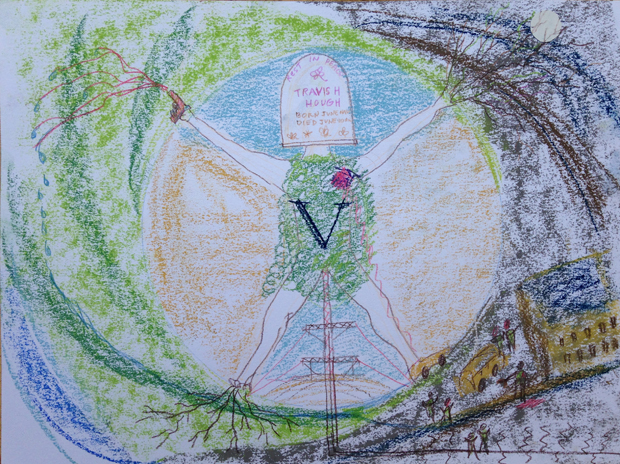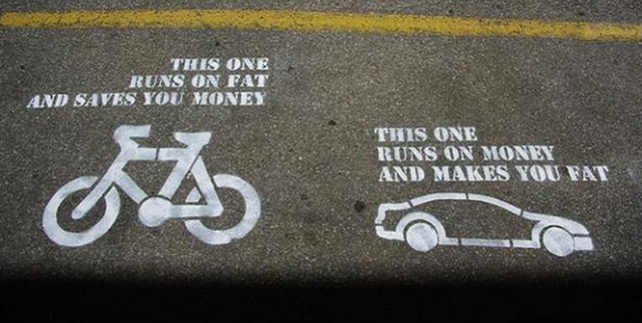
This week brought more videos and news of police shooting black men. These confrontations are as usual shrouded in confusion, misinterpretation, reactivity, bias, and defensiveness. Peaceful demonstrations in Charlotte turned violent, as they had in Baltimore last year. If we inquire into such protests and uprisings, perhaps we can glimpse the frustration, hopelessness, and rage behind them. Given the pervasiveness of racial inequity, one wonders why there aren’t more of them. I imagine similar outrage in Chicago, where the bodies continue to pile up and youth unemployment in some neighborhoods reaches ninety percent.
I was just finishing the following post when these sad, violent events occurred. I questioned its relevance and wondered if I should just put it away. After some thought, I decided that the invitation to embody and embrace opposites might be useful. It could be just the time to seek the awareness hidden behind surfaces, and to assume that all is never what it seems.
“‘Tell them they have to wake up twice in the morning,’ Nyae continues. This means that you should first wake up in the morning and get out of bed. Then awaken your heart: walk out of the bedrock of objects and materialism and into a spiritual world guided by the felt lines of relationships that hold everything together. Now the ropes, rather than the objects they connect, are primary. They are the most important and the most real.” ~ Bradford Keeney
I’m dreaming in a tent under the full moon at a forest retreat. Here to meet the awakening that beckons from the world behind this world. In my dream, a panel van pulls up in an alley behind a building. All the surfaces are hard—buildings, paving, cars, light poles. A man tumbles out. He’s been shot in the left shoulder. My first thought is, he is escaping from criminals, maybe he’s been kidnapped. Continue reading →
Like this:
Like Loading...









